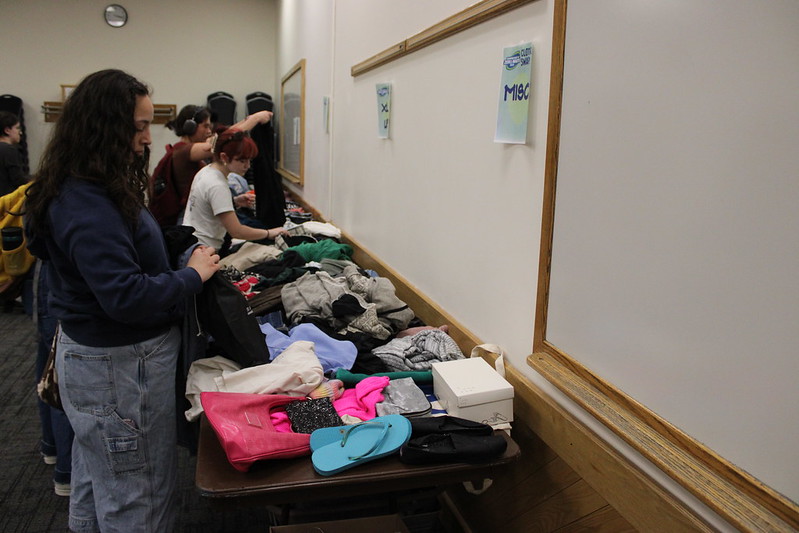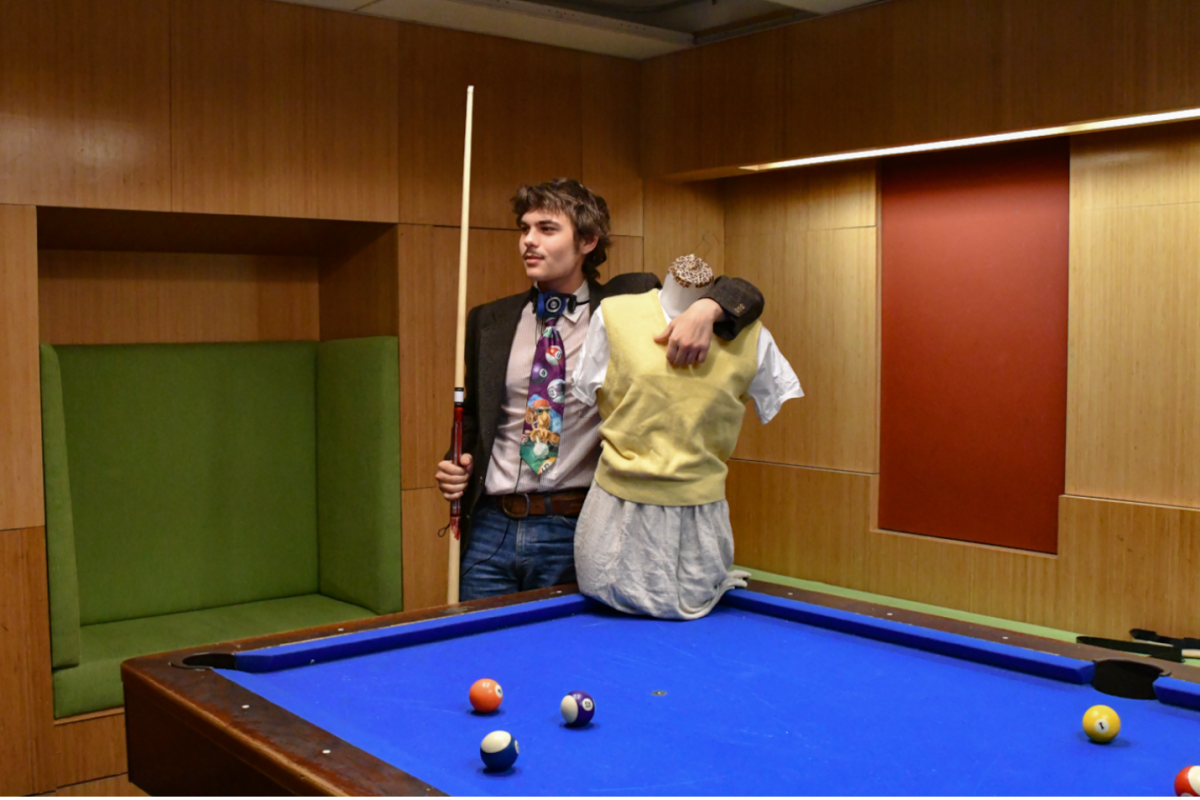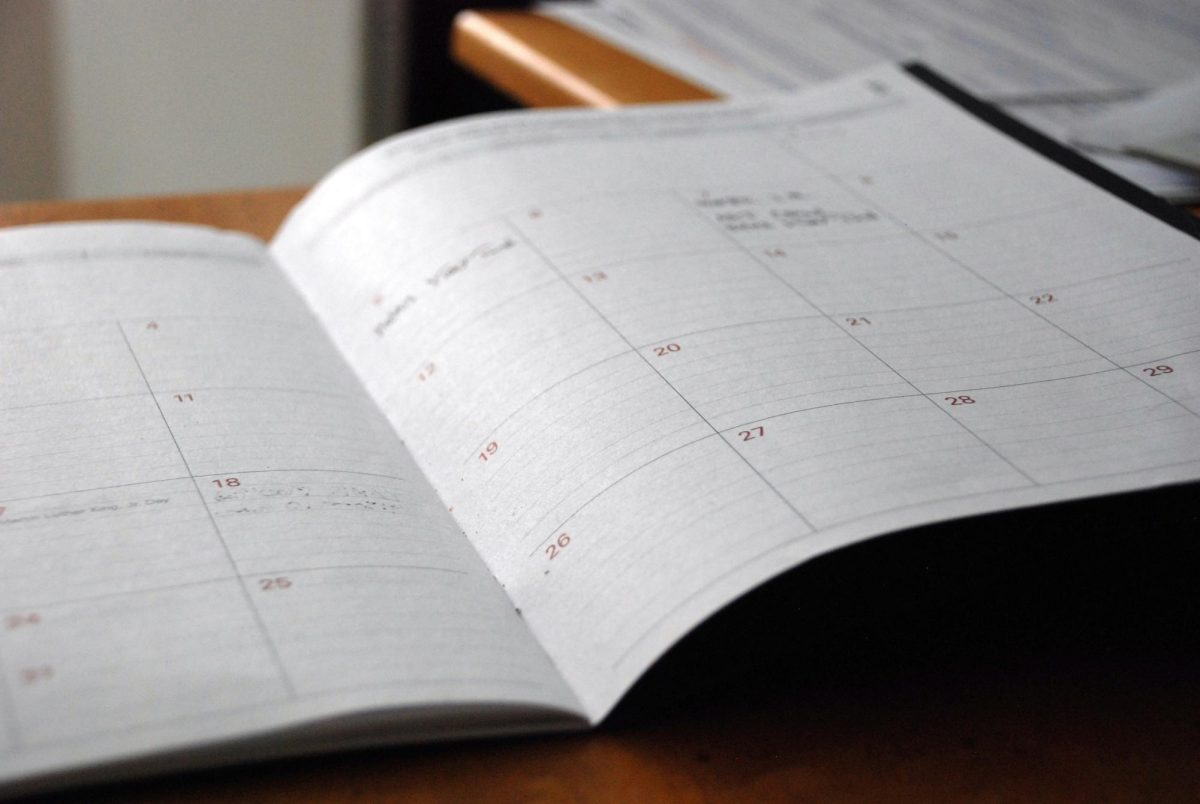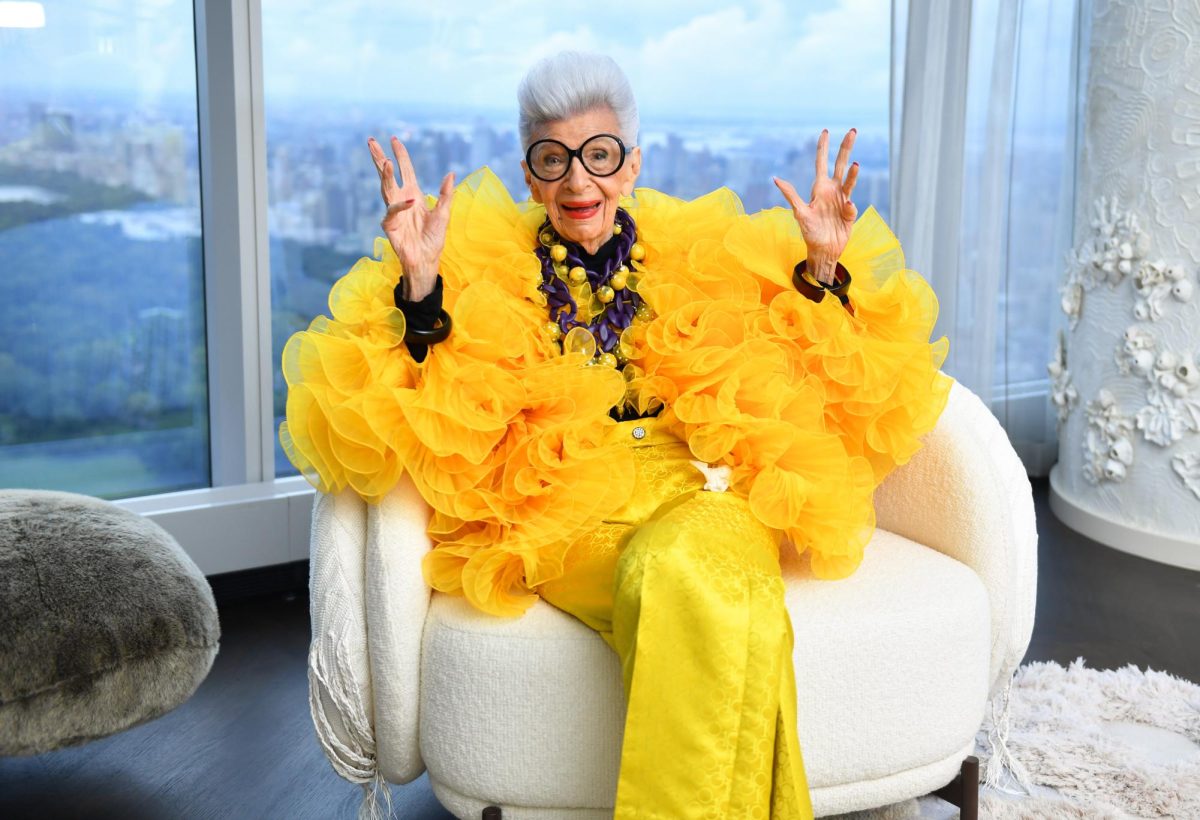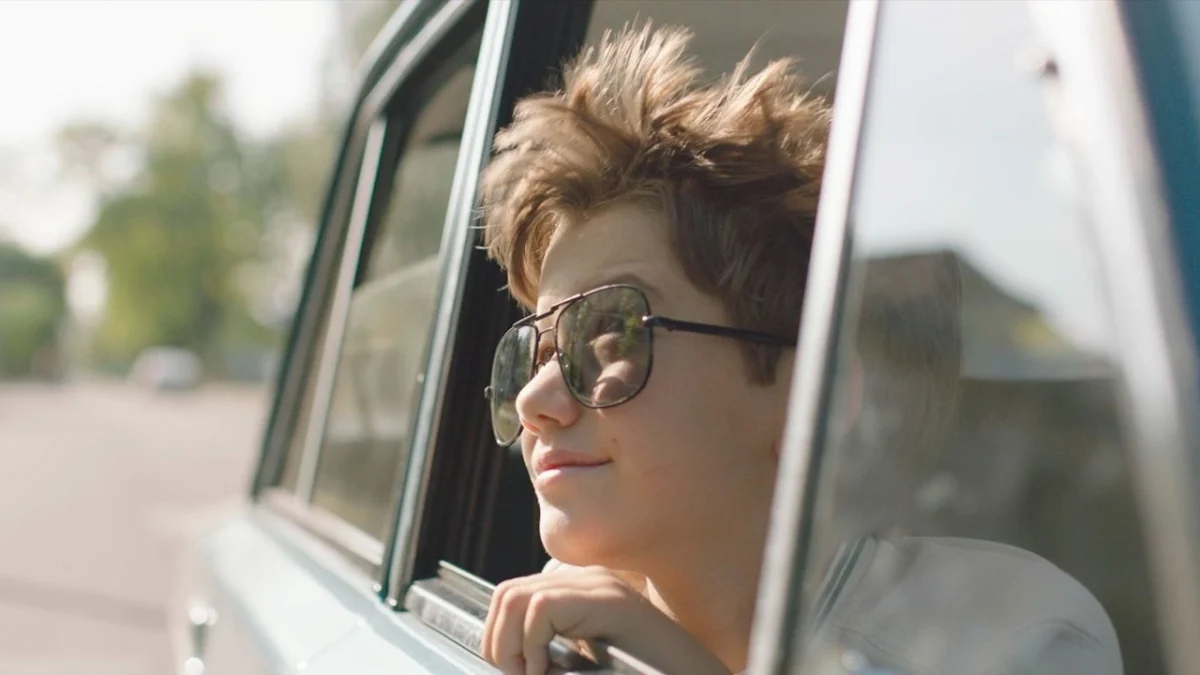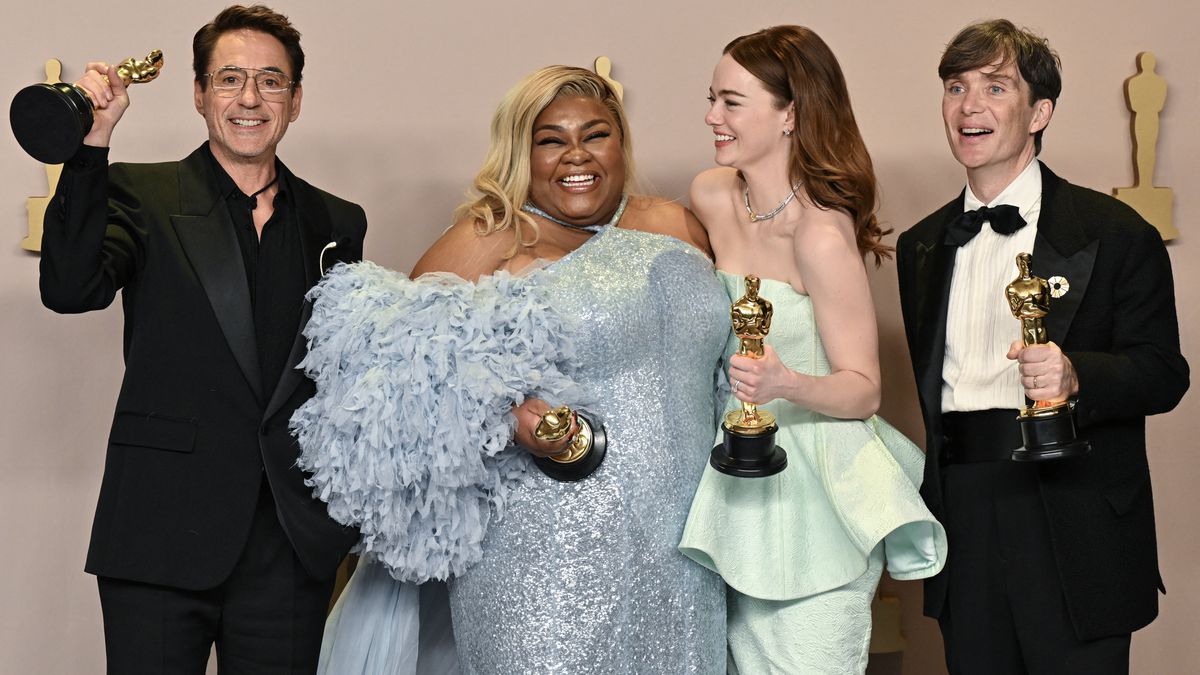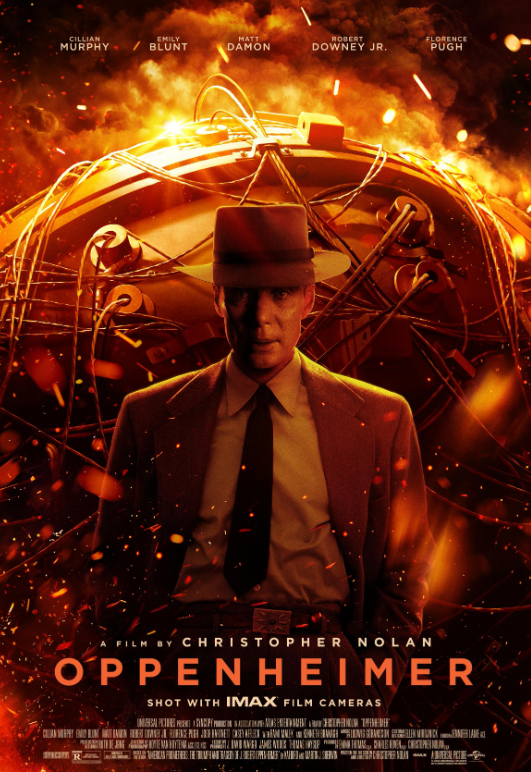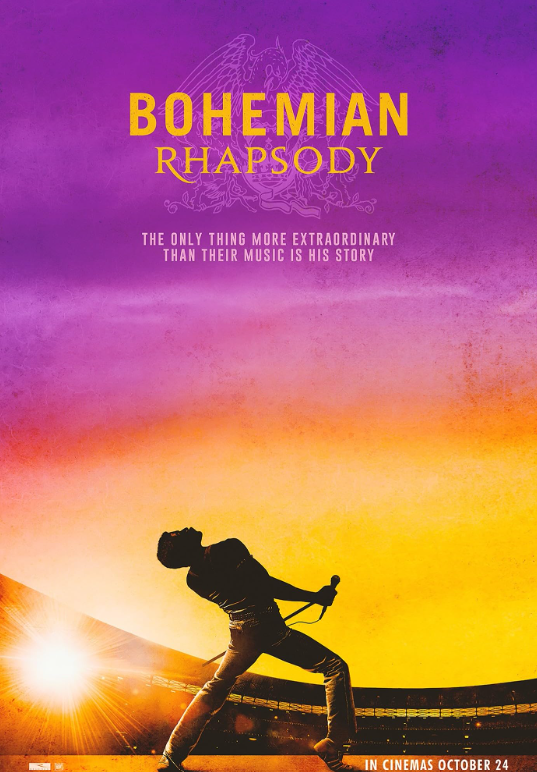
Oh time, what change you leave in your wake.
Barely two months after an intense finale to an emotionally and physically charged third season, “The Legend of Korra,” the sequel series to “Avatar: The Last Airbender,” has returned for its last season. Three years have passed since the end of Book Three, and the show is embracing all facets of the time jump.
An aged black and white film reel catches up the audience to the goings-on in Republic City. The citizens have accepted the Spirit Wilds and integrated them into a tourist attraction. Korra (Janet Varney) also seems to have garnered far more approval from the greater community – the city erected a statue and dedicated a park in honor of her defeat of Zaheer and his gang.
Yet notably absent from this introduction is the Avatar herself. Moreover, the opening sequence feels starkly saccharine compared to Book Three’s bleak fadeout. Republic City is apparently doing better than ever, but I can’t help but feel a sense of vacancy beneath the placid façade.
Showrunners Bryan Konietzko and Michael Dante DiMartino certainly haven’t forgotten their tremendous attention to detail. They underline the passage of time with varying levels of subtlety. We’re quickly shown both cosmetic and character updates, the latter coinciding with new responsibilities for the peoples of the “Avatar” universe.
The air nomads have spiffy, streamlined bodysuits with snap-out wings. The kids are taller. Kai’s (Skyler Brigmann) voice is deeper. Opal (Alyson Stoner) exhibits more agency. Mako (David Faustino) is still a Republic City cop, but he no longer wears his hair in that familiar spiky coif.
Bolin now sports a tamely gelled hairstyle and an Earth Kingdom army uniform. The former “mover star” emanates maturity, even if he still possesses the abhorrent ability to make inane, humorless jokes at the most inappropriate moments. These aesthetic shifts help make the three year gap in the story more believable, even if the actual delay between seasons was rather short.
The creative team behind “The Legend of Korra” and “Avatar: The Last Airbender” has always sought to explore darker, more complicated conflicts. Book Four is taking that trend into interesting new territory. Enter Kuvira (Zelda Williams), a metalbender appointed interim president of Ba Sing Se, and the greater Earth Kingdom.
Deemed the “Great Uniter,” Kuvira has morphed from a “blink and you’ll miss her” side character into a fearsome military leader. Through her, the first episode, “After All These Years,” offers a glimpse into compelling political tension. The anarchist undercurrent so important to the Red Lotus of last season has been swapped for a chilling military domination arc. If Kuvira is fated to be book four’s primary antagonist, it will be intriguing to see her ideology play out in contrast to the villains of last season.
In all aspects, it seems clear that the concluding chapter of “The Legend of Korra” will be its darkest. The fourth book’s title is “Balance,” which registers as more than a little foreboding. Korra has faced increasingly higher stakes in the first three books–she lost contact with her past lives in Book Two and nearly lost her life at the end of last season.
How far can the writers push her character? How much can she take? And what manner of balance will we see by this book’s conclusion? All of these remain arresting questions after the season premiere.
Most compelling of all, however, is the Avatar herself. When we finally see Korra, she is noticeably disturbed, and doesn’t look remotely ready to jump back into the world-saving limelight. The show has tremendous potential to dig deep into the psychological implications of living with messianic responsibilities. What is it like to try to save the world at 18 years old?
Korra is now 21, an ostensible age of maturity. The showrunners have the opportunity to explore her depression in a way that they never did in previous seasons or in “Avatar: The Last Airbender.” That level of investment in the character would add significant heft to this season and a new dimension to Korra. The possibilities are certainly exciting, but after this episode, which direction will the season take with her development?
As Korra herself says, “I wouldn’t know.”
The premiere certainly promises a darker final chapter to come, and I look forward to watching the legend unfold from here.
Nathan Frontiero can be reached at [email protected].







